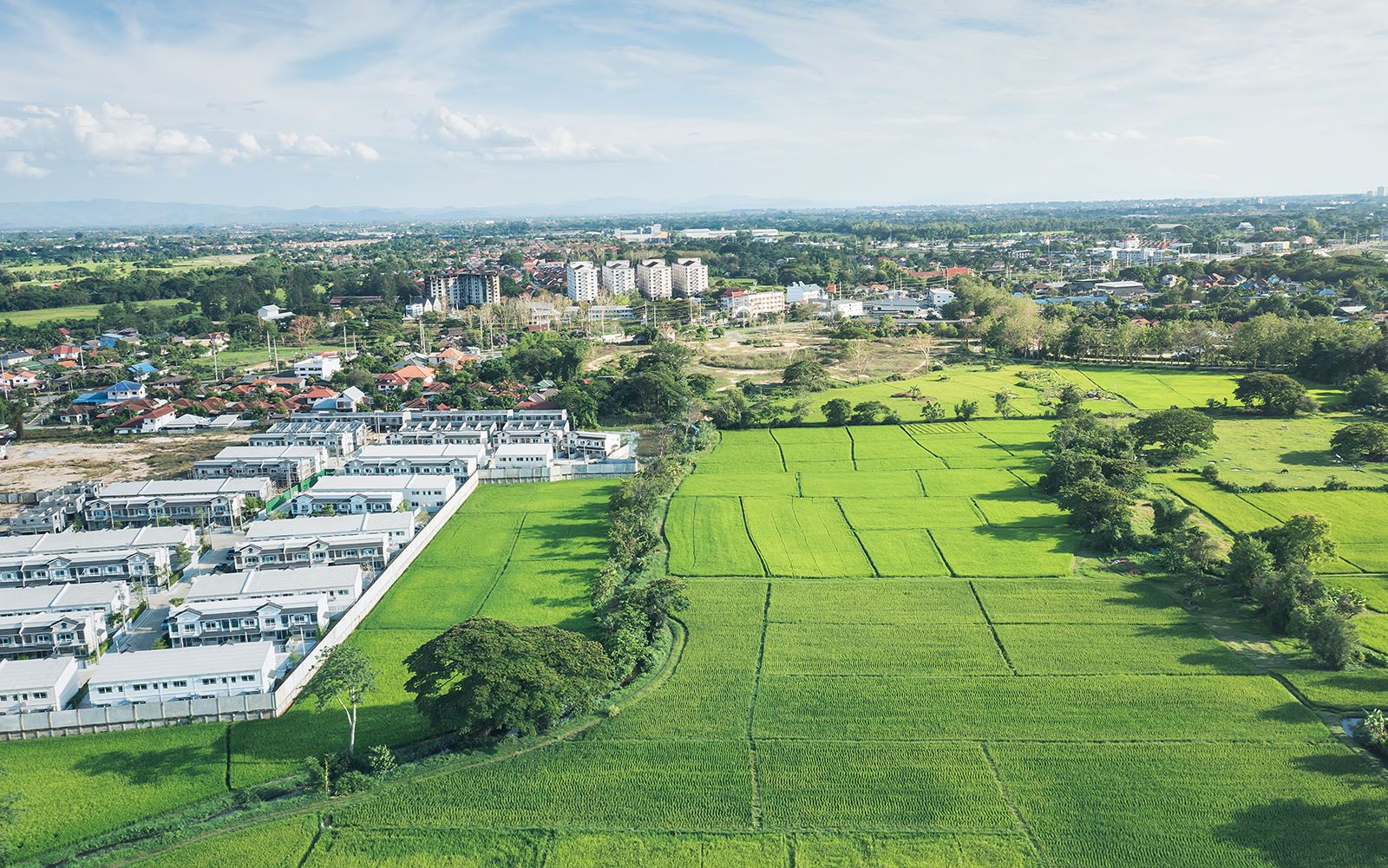Land
Now That Builders' Have Pace In Hand, The Worry Turns To Land
Many homebuilders, giddy about the fact that they're selling homes when they didn't know for sure what would be going on right now, now begin to feel uneasy about backing up their legacy land deals with new lot pipelines.

Two "go-no-go" conditions stand in front of homebuilding firms, no matter where they operate, how big they are, and what they build. They're there everyday of the firm's existence, and no company is immune.
One is customers.
The other is land.
Many or most homebuilders nearly finished out 2022 worried customers – freaked out by falling home prices or priced out by decade-high mortgage rates – would hibernate.
They didn't. They regrouped, adjusted, and – at least the discretionary buyers – moved back into the market the minute interest rates took their first big drop off just before the holidays. Demand. More of it than anybody expects. It was something to celebrate.
But it's complicating for three big reasons.
- Will it hold up?
- Will it wreck builders' persuasive plans to get vendors – trades, front-end materials contracts, products, etc. – to help bring costs down by lowering prices?
- And, biggest of all, because of a more accelerated pace of sales through legacy lot deals, the other go-no-go condition – land – rears its head.
Many homebuilders, giddy about the fact that they're selling homes when they didn't know for sure what would be going on right now, now begin to feel uneasy about backing up their legacy land deals with new lot pipelines to take them through 2024 and into 2025.
What now is not is a good time to be buying land, especially if you need it to pipeline growth through next year and the one after that.
Land prices are typically sticky coming down, but that's only one of the issues. A perfect storm of adverse conditions sits over the horizon of builders' owned and controlled lots supply:
- Banks – under tighter scrutiny overall – are tightening up and more conservative on acquisition and development capital finance, except in rare instances.
- Land costs – always the last piece of a housing market reset – hadn't reached a point of capitulation. This is partly due to land sellers being better capitalized than in GFC times,
- Recession risk – regional Federal Reserve officials speak of a three-wave impact as the economy grinds down: first lower-income households feel the most immediate pain of high inflation and higher interest rates; then starting this year, middle-income households will increasingly experience the pain, and finally in 2024, higher-income households will feel the effects of a downturn.
It's hard to do any new deals," the principal of a mid-sized residential developer tells us. "Sellers think they're only going to get top dollar because that's the way it's worked since Covid, and they're not going to come back down."
Another homebuilder executive expresses the land challenge this way:
Borrowing costs have gone up, and meanwhile, all our business partners jumped on the accelerated pace to push back on any price concessions, and banks are much more risk averse when it comes to extending it to the likes of us. So, we're not buying land. The opportunities are not working, and finding the deals that any of us want to do for our companies doesn't match the capital that's out there. We've been trying to be patient and wait out the uncertainty, but we're definitely going to get hit with constraints on growth in 2024 the way it looks now."
It's hard to square with it, but of the two go-no-go conditions builders face all the time, the one they'd prefer – if they had to choose – is this issue. This is where builders and their developer partners listen and learn from each other, and some of them try new things – going out of the box and looking at downtown urban settings that cities may just be more amenable to having a strong residential partner to help solve for a worsening housing crisis.
No doubt, the surprising and positive pace of sales this Spring is far better than its alternative. But it does move forward builders' and developers' next big post-pandemic challenge: Land.
MORE IN Land
Land, Capital, And Control — A New Playbook In Homebuilding
Five Point Holdings’ acquisition of a controlling stake in Hearthstone points to the direction of homebuilding strategy: toward lighter land positions, more agile capital flows, and a far more disciplined focus on vertical construction, consumer targeting, and time-to-market velocity.
Engineering The Path To Better, Faster Growth Amid 2025's Stall
Local resistance, rising fees, and long entitlement windows are locking up growth. This analysis shows how smart financial planning unlocks new possibilities.
How Our 'Stuck' Housing Market Mutes Healthy Mobility
Our need to move socially and economically is the central theme in the recent book from Atlantic editor Yoni Appelbaum.
